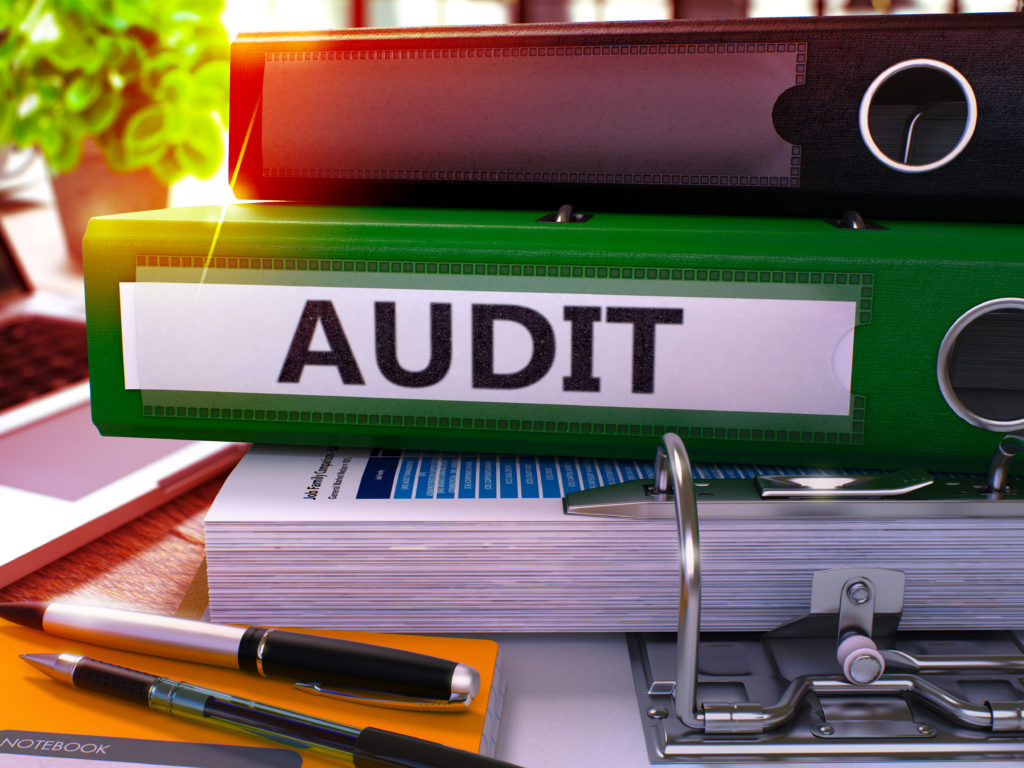In recent years, sustainability and Environmental, Social, and Governance (ESG) considerations have become top priorities for businesses worldwide. This shift is driven by growing awareness among investors, consumers, and regulators about the impact of corporate activities on the environment and society. For entities operating in Australia, effective ESG reporting is not just a matter of regulatory compliance but also a strategic imperative to build trust and enhance long-term value. Auditors play a crucial role in ensuring the credibility and accuracy of ESG reports, helping businesses navigate this complex and evolving landscape.

The Rising Importance of ESG Reporting
ESG reporting involves disclosing information on an entity’s environmental impact, social contributions, and governance practices. Investors and other stakeholders can use this information to assess an entity’s sustainability performance and ethical practices. High-quality ESG reporting can enhance a reporting entity’s reputation, attract sustainable investment, and meet stakeholder expectations. Conversely, poor reporting can lead to reputational damage, legal penalties, and loss of stakeholder confidence.
In Australia, the emphasis on ESG reporting has been reinforced by evolving guidelines and requirements from regulatory bodies like the Australian Securities and Investments Commission (ASIC) and the Australian Prudential Regulation Authority (APRA). These regulators increasingly mandate reporting entities, particularly in certain sectors and large entities, to integrate ESG factors into their reporting frameworks, reflecting the growing recognition of the importance of sustainable business practices.
Challenges in ESG Reporting
Despite its benefits, ESG reporting poses several challenges for businesses. One of the main challenges is the lack of standardised reporting frameworks, which can lead to inconsistencies and difficulties in comparing ESG performance across businesses. Additionally, collecting accurate and comprehensive ESG data requires robust internal processes and systems. Many companies also struggle with identifying the most relevant ESG metrics and ensuring that their reporting reflects genuine, measurable impacts rather than mere greenwashing.
How Audits Enhance ESG Reporting
Audits provide an independent and objective assessment ESG disclosures, enhancing the reliability and credibility of the information presented. Here are several ways in which auditors can help businesses improve their ESG reporting:
- Verification of Data Accuracy: Auditors verify the accuracy and completeness of ESG data, ensuring that the reported information is based on reliable sources and methodologies. This reduces the risk of errors and misstatements, providing stakeholders with a true picture of the company’s ESG performance.
- Assessment of Reporting Frameworks: Auditors evaluate the robustness of the entity’s ESG reporting frameworks and internal controls. This includes assessing the processes for data collection, management, and reporting, as well as ensuring that the company follows relevant guidelines and standards.
- Identification of Gaps and Weaknesses: Through detailed assessments, auditors can identify gaps and weaknesses in the entity’s ESG reporting practices. They provide recommendations for improvement, helping the company enhance its reporting processes and achieve higher standards of transparency and accountability.
- Mitigation of Greenwashing Risks: By providing an independent review, auditors help mitigate the risk of greenwashing—where reporting entities exaggerate or falsely claim their sustainability efforts. This builds trust with stakeholders and ensures that the company’s ESG claims are backed by credible evidence.
- Benchmarking and Best Practices: Auditors bring insights from industry best practices and benchmarking, helping businesses align their ESG reporting with leading standards. This enables companies to stay competitive and meet the expectations of global investors and stakeholders.
In an era where sustainability and ESG considerations are increasingly critical to business success, robust and reliable ESG reporting is essential. Auditors play a pivotal role in enhancing the quality and credibility of ESG disclosures, helping businesses in Australia and around the world to navigate regulatory requirements, build stakeholder trust, and drive long-term value. By leveraging the expertise of auditors, businesses can not only meet their compliance obligations, but also position themselves as leaders in sustainable and responsible business practices.
For more information on how this affects you or your business, contact the experts at Accru today.
